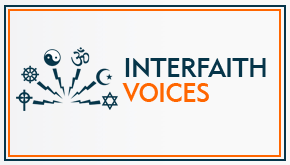At Sacred Garden Community Church in Berkeley, California, services and sacraments are centered on entheogens — a chemical produced naturally by some plants that, when ingested, can sometimes lead to a heightened sense of spiritual or religious enlightenment. Some call these hallucinogens or psychedelics. They include ayahuasca, mescaline, peyote cacti, and psilocybin mushrooms – all known by indigenous peoples for thousands of years. Psychedelic congregations like Sacred Garden are one of the fastest-growing faith communities in the U.S. and beyond and are taking root in Christian, Jewish, Buddhist, and non-denominational settings. But how sustainable is this model of worship? Is it another form of cultural appropriation? What is the future – if any – of so-called “psychedelic churches?”
“The Church of ‘Least Dogma’”
Bob Otis is the founding pastor of Sacred Garden Community Church. He outlines its core beliefs, its practices, and the somewhat long path to membership. Then Don Lattin, author of “God on Psychedelics,” describes how worship communities based on psychedelic plants are popping up from Massachusetts to Washington State and what these have in common with the psychedelic scene of the 1960s.
“‘What IS This?’ On the Mystery of Being”
Pastor Bob Otis describes his own personal faith journey that brought him from a Christian home in Tennessee to a psychedelic church in Berkeley. And he tackles whether the use of ayahuasca, peyote, mescaline, and psilocybin mushrooms is a form of cultural appropriation.
Turtle Medicine: Slowing Down the Rush to Psychedelics
Chief Phillip Scott is a teacher in indigenous medicine with Lakota ancestry. He has consulted with Sacred Garden Community Church on their use of what he calls “sacred plants” and discusses the fine line between respectful use and cultural appropriation.



